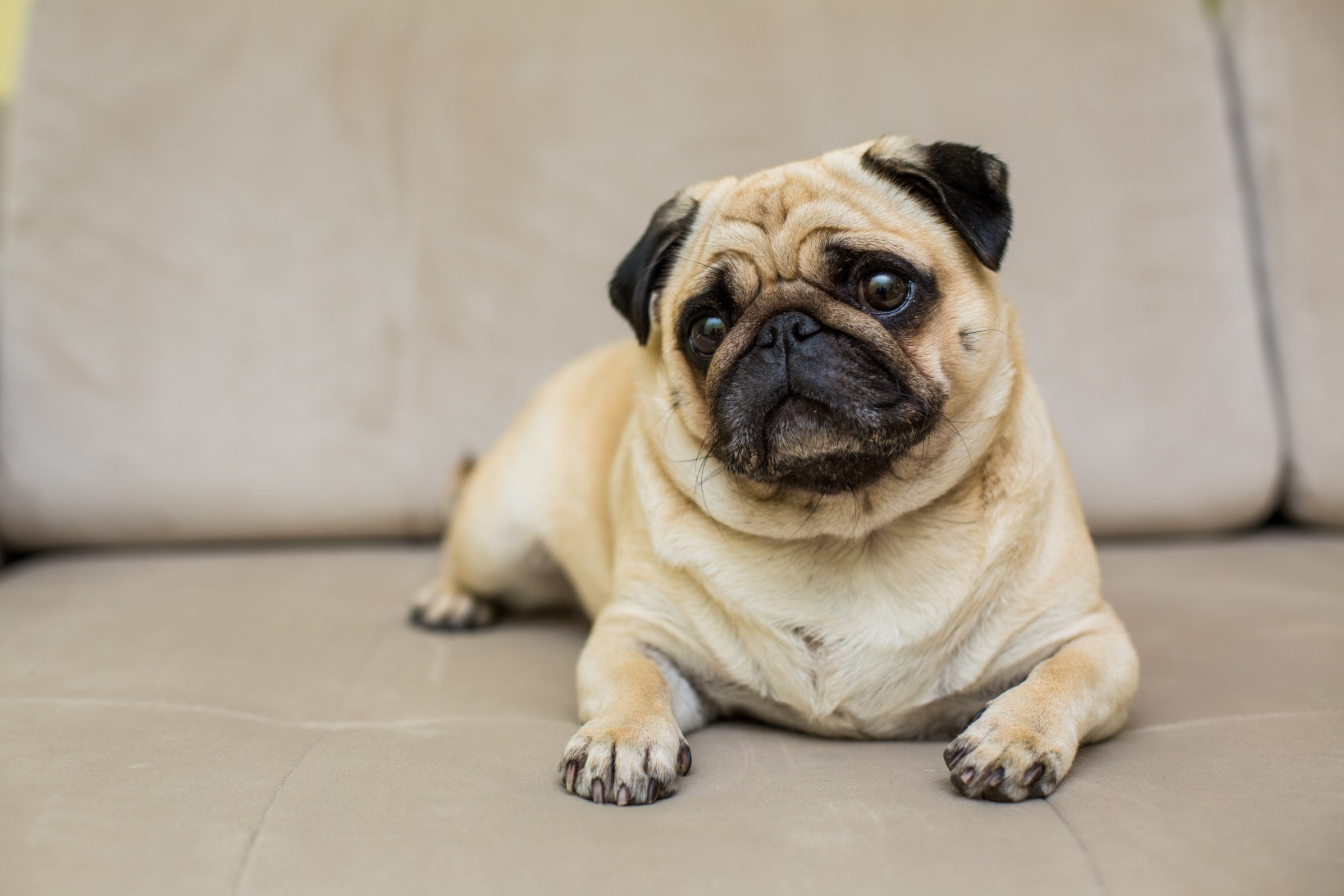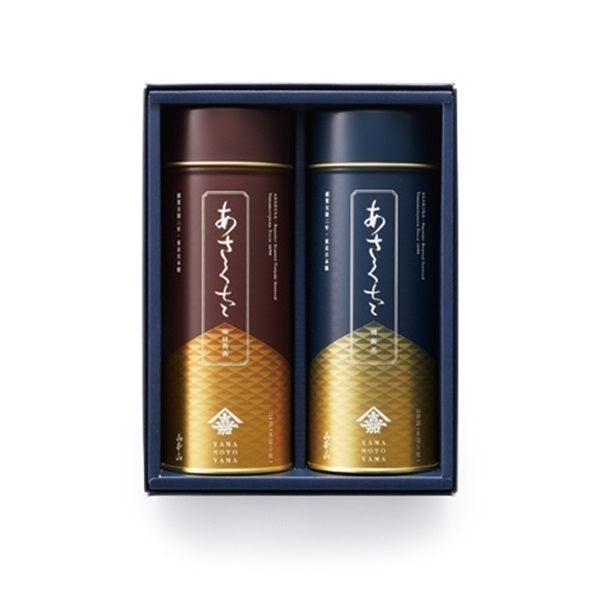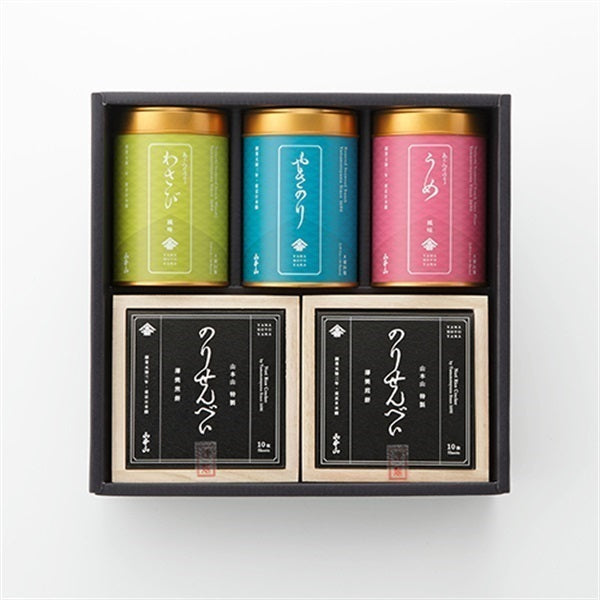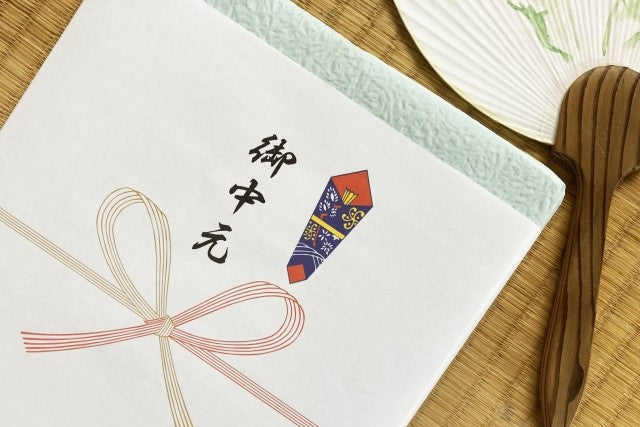
Green tea is bad for dogs | Explains symptoms and dangerous amounts when dogs drink it, as well as types of green tea you should be especially careful of
Introduction
Green tea is extremely healthy for humans.
Recently, there has been an increase in foods containing the green tea component catechin.
In fact, catechin contains ingredients that are good for your dog, including those that regulate the intestines.
Looking at this, some people may be wondering, "Is it okay to give green tea to dogs? My dog doesn't like to drink water very much..." but green tea should not be given to dogs.

Although licking a small amount won't put your dog's life at risk, green tea contains ingredients that are dangerous to your dog and will definitely have a negative effect on their body, regardless of whether they show symptoms or not.
In this article, we will explain why you should not give green tea to dogs, the dangerous amounts that can be life-threatening, and what to do if your dog accidentally ingests it.

Green tea contains dangerous substances for dogs!
1. Caffeine
Caffeine, which is always contained in green tea, has the effect of waking us up and increasing our activity level in humans, but it is an ingredient that requires great caution when it comes to dogs.
While the human body is able to break down and excrete caffeine relatively easily, a dog's metabolism is very different from ours.
Dogs have a much lower ability to break down and excrete caffeine than humans, so the caffeine they ingest stays in their bodies for a longer period of time and even small amounts can easily cause symptoms of poisoning.
The effects vary depending on the dog's weight and health, but generally adverse effects occur at much lower doses than in humans.

②Tannin
Tannins, the bitter components found in green tea, are also important for dogs to be aware of.
While it's not immediately life-threatening, it can irritate the digestive system and cause gastrointestinal upset, possibly resulting in vomiting and diarrhea.
Tannins also have the ability to easily bind with iron.
Therefore, it has been pointed out that consuming green tea on a daily basis may inhibit the absorption of iron in your dog's body, causing anemia.
Iron is an essential mineral for dogs to maintain good health, so preventing its absorption is not a good thing.

Symptoms of dogs drinking green tea
When a dog ingests green tea, the following symptoms will often appear within 2-4 hours:
Restlessness, agitation, fidgetiness, increased heart rate, urinary incontinence
This is a state of hyper-sensitivity, just like when a person drinks too much coffee.
If a large amount is consumed or the symptoms progress, the following serious symptoms may appear and become life-threatening:
Tremors, vomiting, diarrhea, convulsions, arrhythmia

Dangerous for dogs
If your dog accidentally ingests caffeine, it can cause a variety of health problems.
Exactly how much is dangerous?
Generally speaking, symptoms of caffeine poisoning in dogs begin to appear at the following levels per kilogram of body weight:
- 20 mg per kg of body weight : Mild symptoms (such as restlessness, agitation, and fidgetiness) may occur.
- 40 to 50 mg per kg of body weight : Can cause more severe symptoms, including fast heart rate, tremors, vomiting, and diarrhea.
- More than 60 mg per kg of body weight : Risk of seizures.
The lethal dose is said to be 100mg per kg of body weight .
Green tea contains 20mg of caffeine per 100ml.

For example, if we consider a toy poodle (weighing 2.5 kg), one mug of green tea would be enough to cause some symptoms, and six mugs would be enough to cause death.
Generally speaking, it is unlikely that anyone would accidentally ingest such a large amount, but please be careful.
However, this is only a guideline. Sensitivity varies greatly depending on individual differences and health conditions, and even lower amounts may cause toxic symptoms.
It is important to note that you should never feed green tea to dogs, even in small amounts.

What to do if swallowed by mistake
If your dog accidentally ingests green tea, how you respond will depend on the amount.

If you only use a small amount (a few quick licks):
If you have only ingested a small amount of green tea, there is no need to worry too much. First, stay calm and observe the condition.
Just to be on the safe side, carefully monitor your pet's behavior and physical condition for around 6 hours after the pet has left the facility.
If your child has an appetite and seems to have energy, you can give them water or soup to lower the caffeine concentration in their blood.
If you notice any unusual behavior in your pet (restlessness, excitement, vomiting, diarrhea, etc.), be prepared to contact a veterinarian immediately.

If you drink a large amount (gulp it down like you would drink water):
There is a good chance that some symptoms will appear.
Do not try to diagnose the condition yourself, but visit a veterinarian as soon as possible. It is important to tell the veterinarian as accurately as possible when and how much green tea your pet drank.

Even small amounts are a sign of caution
Even small amounts can cause unexpected symptoms depending on your dog's age (puppy or senior), constitution, and health condition.
It is important not to think simply that "it's a small amount, so it's okay," but to consult a veterinarian if you notice any abnormality.
In particular, small dogs and puppies require special caution as even small amounts can cause serious symptoms.
For your dog's safety, be sure to keep any drinks that contain caffeine, including green tea, out of reach.

Green tea is especially dangerous
Although it is generally referred to as "green tea," the caffeine content varies greatly depending on the type. For your dog's safety, you should be particularly careful with the following three types:
- Gyokuro
- Matcha
- Deep-steamed Sencha
In particular, numbers 1 and 2, Gyokuro and Matcha, are known to have particularly high caffeine levels among green teas.
Gyokuro, in particular, can contain as much as 120mg of caffeine per 100ml, which is extremely dangerous for dogs. Even a small lick can lead to symptoms of poisoning.

Also, matcha, which tends to be thought of as different from Japanese tea, is actually rich in caffeine.
Recently, it has become widely used in human sweets such as ice cream and cookies, so you need to be very careful not to accidentally give it to your dog.
The third type, deep-steamed sencha, is made up of more of the tea leaf's components that dissolve in the hot water than regular sencha, meaning it is rich in caffeine and other ingredients.
Green tea, which is considered healthy for us humans, can be a dangerous drink for our beloved dogs.
Please make sure you understand this information and keep green tea away from your dog.

Amount of caffeine in green tea
Gyokuro: 160mg
Matcha: 60mg
Ordinary Sencha: 20mg
Hojicha: 20mg
Bancha tea: 10mg
Genmaicha: 10mg
Kamairi tea: 10mg
Barley tea: 0mg

Finally
In recent years, an increasing number of dog foods have been incorporating catechins derived from green tea, which may lead some pet owners to mistakenly believe that green tea is good for dogs.
However, these are not green tea itself, but rather a combination of only the specific active ingredient catechin extracted from green tea.
Please be aware that giving green tea by itself is not safe for dogs.
To keep your dog healthy, don't give him human food or drinks. Instead, choose foods and drinks that are safe for dogs. Fresh water is the basis for daily hydration.
If you want to give them something special to drink, make sure you choose something made for dogs.
It is most important for us as pet owners to have the correct knowledge and make safe choices so that our beloved dogs, who are part of our family, can stay healthy forever.




